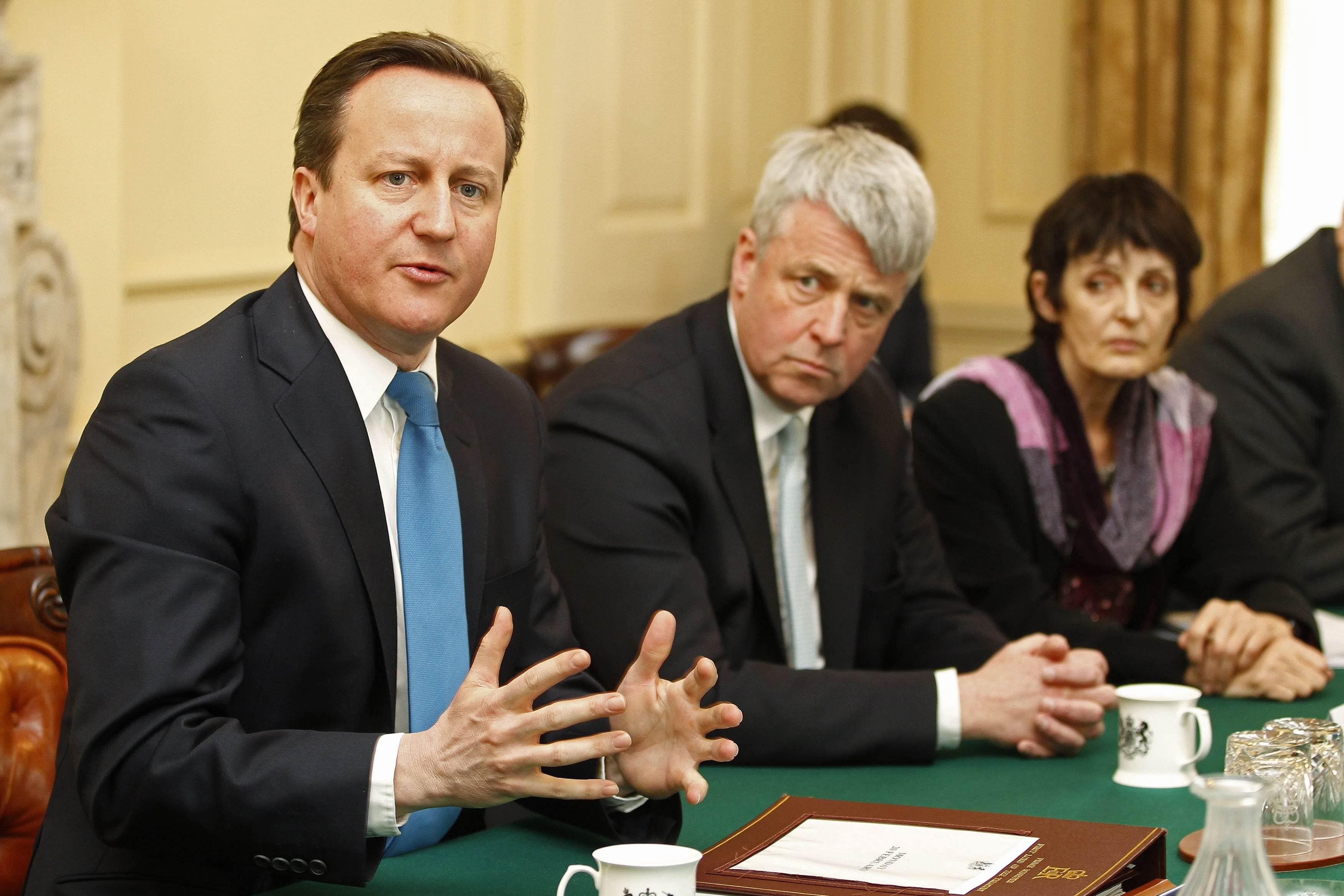Treasury ‘trashed’ public health plans in 2015, says former health secretary
Lord Lansley said: “We, I think, should also be much more aware of the risk of the next pandemic – we may be in it.”

Your support helps us to tell the story
From reproductive rights to climate change to Big Tech, The Independent is on the ground when the story is developing. Whether it's investigating the financials of Elon Musk's pro-Trump PAC or producing our latest documentary, 'The A Word', which shines a light on the American women fighting for reproductive rights, we know how important it is to parse out the facts from the messaging.
At such a critical moment in US history, we need reporters on the ground. Your donation allows us to keep sending journalists to speak to both sides of the story.
The Independent is trusted by Americans across the entire political spectrum. And unlike many other quality news outlets, we choose not to lock Americans out of our reporting and analysis with paywalls. We believe quality journalism should be available to everyone, paid for by those who can afford it.
Your support makes all the difference.Treasury leaders “trashed” the public health system as it was originally intended after 2015, a Conservative former health secretary has warned.
Lord Lansley accused his successor Jeremy Hunt, now the shadow chancellor, of potentially aiding a process which had “serious, adverse consequences”.
The coalition-era cabinet minister, who was health secretary between 2010 and 2012, also warned that after Covid-19, the UK may already be in its next pandemic.
When we look around the world, some of the reasons why populations were more resilient is because they were less unequal, because equality matters
Speaking in the House of Lords about the ongoing Covid-19 Inquiry, the peer said pandemic response requires making “the country resilient”.
Lord Lansley added: “Make people more resilient. Make our public health system more resilient.
“I will put in parenthesis, the public health White Paper in December 2010 establishing Public Health England (PHE) did so on the basis that its budget would increase at the same rate that the NHS budget would increase, which in 2015 was trashed by the Treasury.
“And indeed, I think unfortunately secretary of state Hunt let that happen.
“You could look at the evidence to the inquiry from Duncan Selbie, the former chief executive of PHE (Public Health England), and the consequences – the serious, adverse consequences – that resulted from the £200 million cut in that year and in subsequent years to the public health budget.
“Not only that, but we must understand that when we look around the world, some of the reasons why populations were more resilient is because they were less unequal, because equality matters.
“The coalition government actually had this as an explicit objective of their policy, and I personally very much subscribe to it. Our public health needs us to be much more equal and for disadvantage to be actively challenged.”
If governments funded preparedness as an investment rather than a cost, this could save billions when the next pandemic strikes
Former chancellor George Osborne announced a £200 million cut to “non-NHS” spending in 2015.
Mr Selbie told the Covid-19 Inquiry that “the UK and most other countries in the world did not have a ringfenced budget for ‘pandemic preparedness’.”
He added: “If governments funded preparedness as an investment rather than a cost, this could save billions when the next pandemic strikes.”
Lord Lansley described a 2011 pandemic preparedness plan which did not consider some of the pandemic counter-measures used by authorities in 2020, as a result of evidence bases available at the time.
“The evidence base we were given said respirators and face masks are right for preventing transmission by a person, but they are probably not going to be effective in the population as a whole,” he said.
“We may now conclude that is wrong, but that was the advice we were given at the time.”
The peer had earlier said: “We, I think, should also be much more aware of the risk of the next pandemic – we may be in it.
“Antimicrobial resistance, in terms of the scale of its impact on global population and mortality, potentially could be worse than the Covid-19 pandemic, so we may be in it already.”